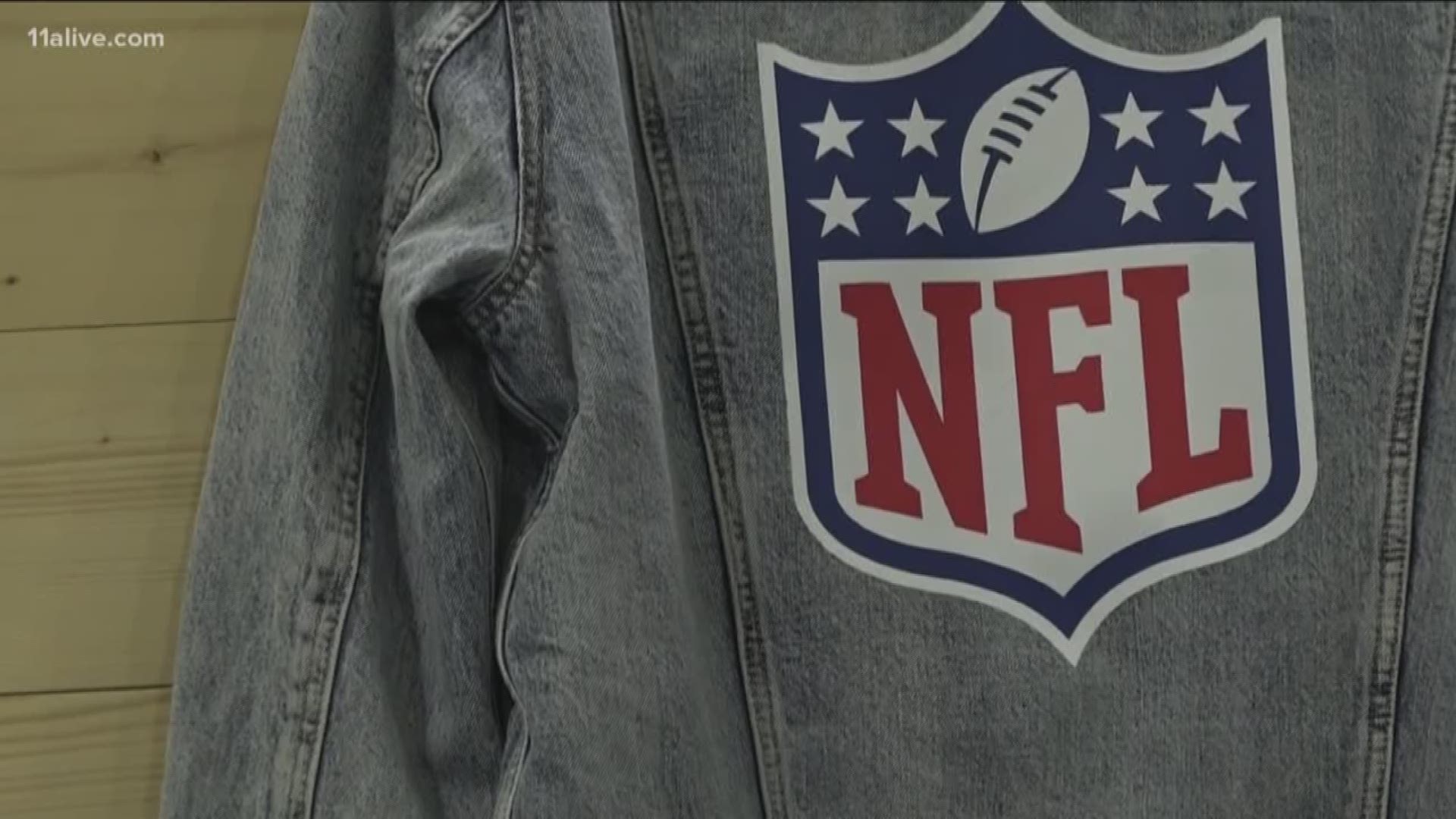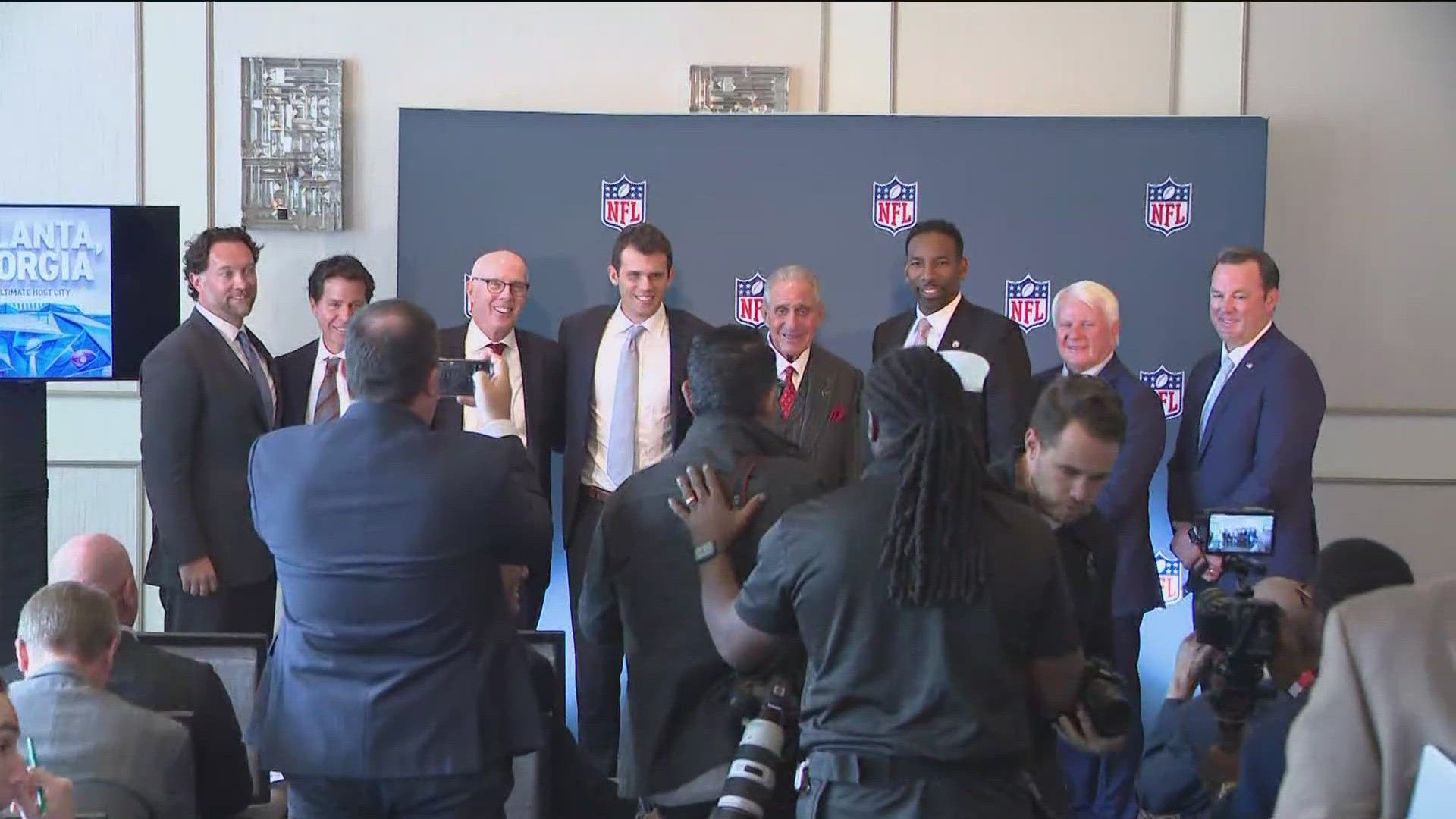ATLANTA — On Wednesday, NFL commissioner Roger Goodell tackled a variety of league-related topics in his annual pre-Super Bowl press conference, general queries that covered Goodell's sphere of influence.
But not before a hot-button topic first came to surface.
Goodell was questioned about the rash of head-coach firings during the offseason, namely the dismissals of five African-American coaches – including Arizona's Steve Wilks, who lasted just one year on the job.
"We don't want to judge the success or failure of The Rooney Rule in one-year increments," said Goodell, while noting that, since 2003, 20 NFL teams have made prominent hires through this measure.
"The Rooney Rule has also signaled to other (corporate) industries ... to adopt (the measures) and change their own industries."
As a proactive move, Goodell then addressed the so-called disparity between the number of offensive-minded and defensive-driven head coaches, as it pertains to race, opportunity and the NFL's paradigm shift to higher scoring (per-game basis).
While maintaining regular contact with the Fritz Pollard Alliance – which helped pioneer The Rooney Rule – Goodell said: "We need to figure out how to create a deeper pool of (minority coaches with offensive backgrounds), so they have those chances when opportunities arise."
As a means of expanding the base of offensive-minded minority coaches, Goodell referenced the launch of a quarterback summit at Morehouse College in Atlanta, with the intent of training and mentoring coaching prospects for the future.
MINORITY COACHING DISMISSALS OR HIRES FOR 2018-19
Jets: Todd Bowles --> Adam Gase
Cardinals: Steve Wilks --> Kliff Kingsbury
Dolphins: Adam Gase --> Brian Flores (presumed hire)
Broncos: Vance Joseph --> Vic Fangio
Bengals: Marvin Lewis --> Zac Taylor
What could have made this public-forum conversation uncomfortable?
Race matters are always tricky; but in this case, neither Goodell nor the league office should have a heavy hand in how the 32 franchises fill out their coaching staffs.
The owners are trusted to hire the best and brightest executives, and these front-office experts are then tasked with hiring forward-thinking coaches – relative to the existing talent on the roster.
Which brings us to this: Charting the last quarter-century, 16 NFL head coaches were fired after just one campaign; and of that group, only Marty Schottenheimer (Redskins in 2000) had a record of .500 or better.
So, there's some precedent for Wilks losing his job with the 4-12 Cardinals, who were bad enough in 2018 to merit the No. 1 overall pick in the 2019 NFL Draft.
Plus, now that Arizona has committed to 2018 first-rounder Josh Rosen as the long-term quarterback, it makes sense to go the 'Sean McVay route' and hire a young, aggressive, offensive-driven head coach, with a great track record for developing quarterbacks.
The Cardinals hired Kliff Kingsbury, who was a marginal-at-best head coach with Texas Tech (35-40 overall).
The above record may be indefensible for other college jobs, but that's not necessarily true in NFL circles – as weird as that may sound.
The rationale: Kingsbury has successfully developed five NFL quarterbacks over the last seven seasons (Case Keenum, Johnny Manziel, Davis Webb, Baker Mayfield, Patrick Mahomes) – either as a college assistant or head coach.
The presumption: Kingsbury has a deep, encyclopedic knowledge of what makes for good offense at the NFL level; and the Cardinals ownership has the requisite 'deep pockets' to hire a superb staff for the defensive end.
It's certainly been done before in NFL history.
Covering the last 30 years, two Super Bowl-winning coaches had porous head-coaching records at the college level (George Seifert, Jim Caldwell) ... and another three coaches reached the Super Bowl (Sam Wyche, Bill Callahan, Lovie Smith) struggled mightily at the college level.




